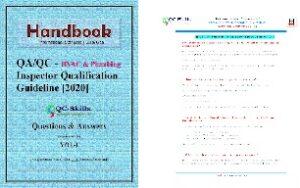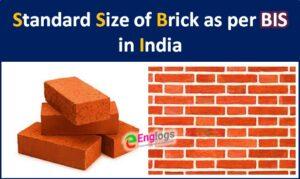The International Building Code (IBC establishes minimum requirements for building systems
using prescriptive and performance-related provisions. It is founded on broad-based principles that
make possible the use of new materials and new building designs. This 2018 edition is fully compatible
with all of the International Codes (I-Codes) published by the International Code Council
(ICC), including the International Energy Conservation Code, International Existing Building Code,
International Fire Code, International Fuel Gas Code, International Green Construction Code,
International Mechanical Code, International Plumbing Code, International Private Sewage Disposal
Download Now
Code, International Property Maintenance Code, International Residential Code, International
Swimming Pool and Spa Code, International Wildland-Urban Interface Code, International
Zoning Code and International Code Council Performance Code.
The I-Codes, including this International Building Code, are used in a variety of ways in both the
public and private sectors. Most industry professionals are familiar with the I-Codes as the basis of
laws and regulations in communities across the U.S. and in other countries. However, the impact of
the codes extends well beyond the regulatory arena, as they are used in a variety of nonregulatory
settings, including:
• Voluntary compliance programs such as those promoting sustainability, energy efficiency
and disaster resistance.
• The insurance industry, to estimate and manage risk, and as a tool in underwriting and rate
decisions.
• Certification and credentialing of individuals involved in the fields of building design, construction
and safety.
• Certification of building and construction-related products.
• U.S. federal agencies, to guide construction in an array of government-owned properties.
• Facilities management.
• “Best practices” benchmarks for designers and builders, including those who are engaged in
projects in jurisdictions that do not have a formal regulatory system or a governmental
enforcement mechanism.
• College, university and professional school textbooks and curricula.
• Reference works related to building design and construction.
In addition to the codes themselves, the code development process brings together building professionals
on a regular basis. It provides an international forum for discussion and deliberation
about building design, construction methods, safety, performance requirements, technological
advances and innovative products.





